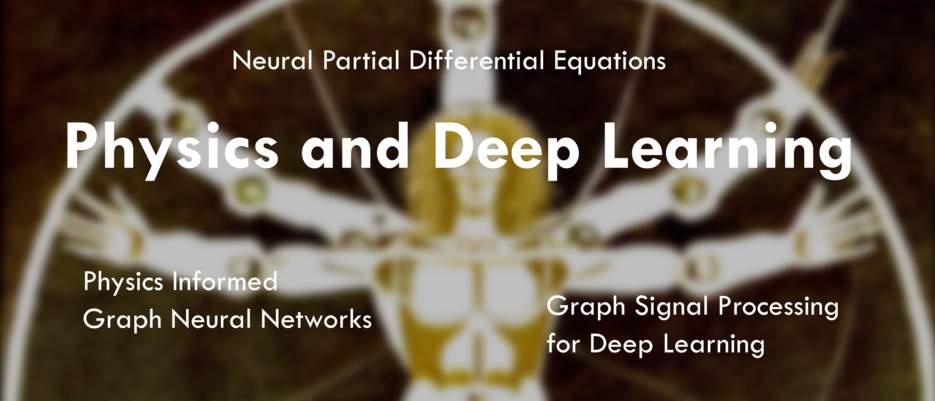Resolution-Invariant Training of Deep Learning Athmospheric Models
11/11/2024Athmosperic Circulation Models simulate the evolution of the state of the atmosphere and are used to generate weather forecasts or climate projections. Deep Learning has successfully been applied to learn the dynamics of the atmosphere from so called reanalysis data. Training of an DL atmospheric model on a high spatial resolution is still computationally expensive. Previous work have shown promising results in pre-training graph-based models on low resolution data which requires adaptations in the network architecture. Fourier Neural Operators (claim), which learn a mapping between infinite-dimensional function spaces, should be able to meaningfully process gridded input data of arbitrary size which makes them a good fit for pre-training athomspheric models on lower resolution.
In this work, we want to investigate the capability of the Fourier Neural Operator (FNO) to learn the dynamics of a system independent of the resolution of the training data.
Previous work has already investigated the ability of FNOs to upscale single timesteps of the solution of a numerical PDE solver, but it remains rather unclear how well the FNO performs in a autoregressive forecasting setup on different resolutions.
This work amis to verify (some of the) previous claims on a standardized benchmark datasets for learning dynamical systems and examine the behaviour of FNO when trained as a forecasting model on different spatial resolutions.
Finally, the procedure should be transferred to meteorological reanalysis data to train an atmospheric forecasting model.
Supervisor: Florian Gallusser
Requirements
Experience programming with Python and PyTorch/Tensorflow
(Beneficial) Interest in Mathematics of dynamical systems, neural operators and fourier transform
(Beneficial) Interest in data-driven climate science


